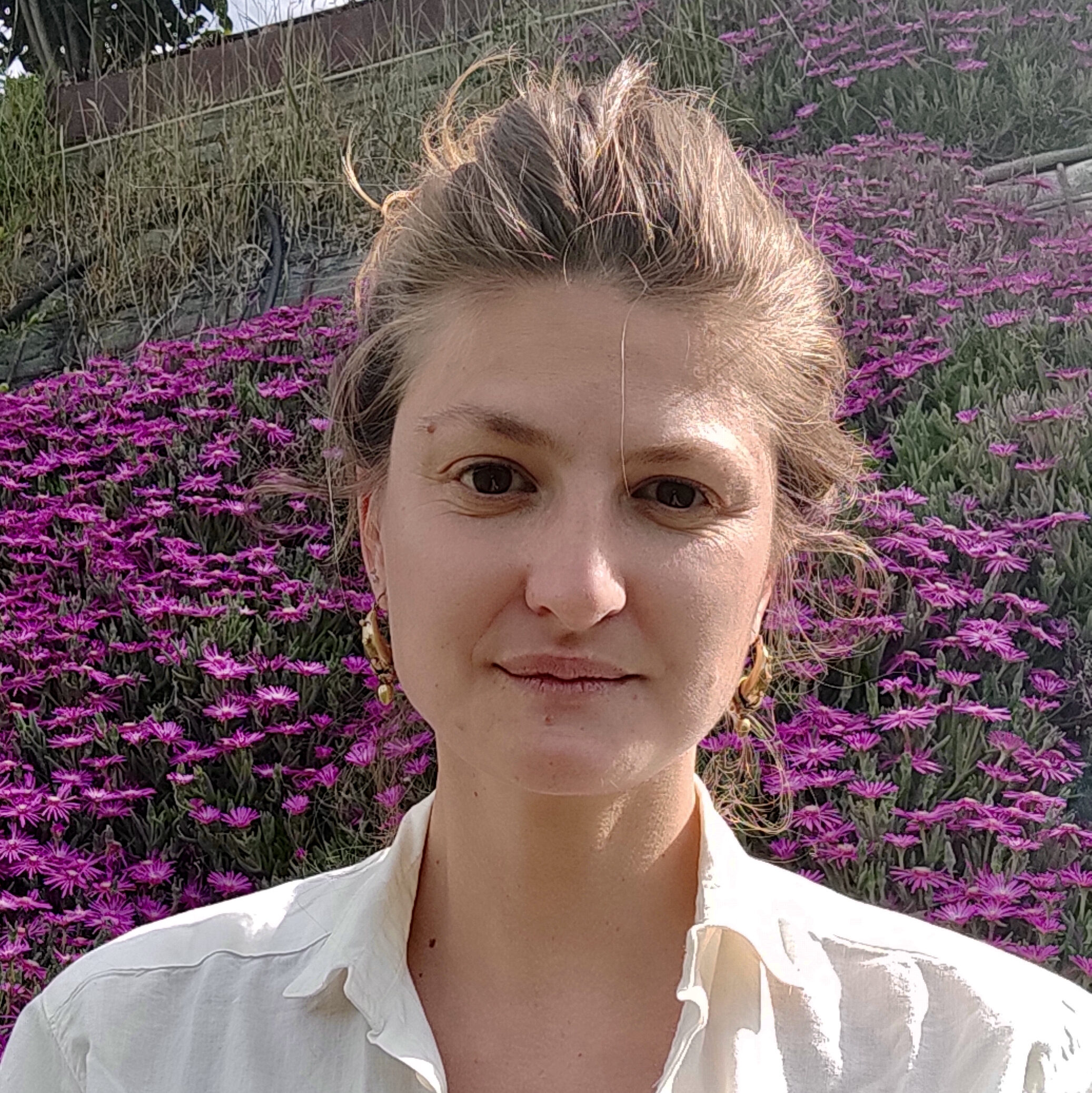
In February 2023, the Harvard Law School Food Law and Policy Clinic (FLPC) welcomed Chiaretta Giordano as a visiting scholar from the Meitar Center for Legal Advanced Studies of Tel Aviv University. Her supervisor is Professor Aeyal Gross. Previously a fellow at the Manna Center for Food Safety and Food Security, her research was awarded by the Tel Aviv Center for Combating Pandemics in 2022. Chiaretta is also a member of the scientific committee of AISSI (Association of Italian Scholars and Scientists in Israel).
Chiaretta will work on her doctoral dissertation while at FLPC, which explores the causes of malnutrition and hunger among indigenous peoples and critiques the inadequacy of international food law in ensuring their food security. It argues that the preservation of cultural traditional foods plays a crucial role in maintaining the physical and mental health of the individual and community and preserves the way of living necessary for the survival of the ethnicity.
Drawing upon socio-anthropological literature, medical reports, and interviews with indigenous leaders, her dissertation examines the significance of cultural traditional foods in the everyday aspects of indigenous peoples’ life. However, the modern global food system often fails to address culturally specific traditional food requirements, leading to unequal access to traditional food resources, culinary practices, and cooking rituals.
Her dissertation highlights the imperial and white supremacist roots in international food law, mainly focusing on the CESCR General Comment no.12, the UNDRIP, and UNESCO Intangible Cultural Heritage List. She aims to demonstrate how the contemporary food system has disrupted traditional social customs and jeopardized the food security of vulnerable groups, including indigenous peoples, through excessive Westernized diets and foodways.
In light of these findings, Chiaretta’s dissertation proposes a right to cultural traditional food to de-colonize the food systems and uproot the imperialist domination of food while providing long-term food security to indigenous peoples.


Health Law & Policy, Commentary
Medicaid Section 1115 Waivers for Reentry: Updates and Resources – Health Care in Motion
April 17, 2024